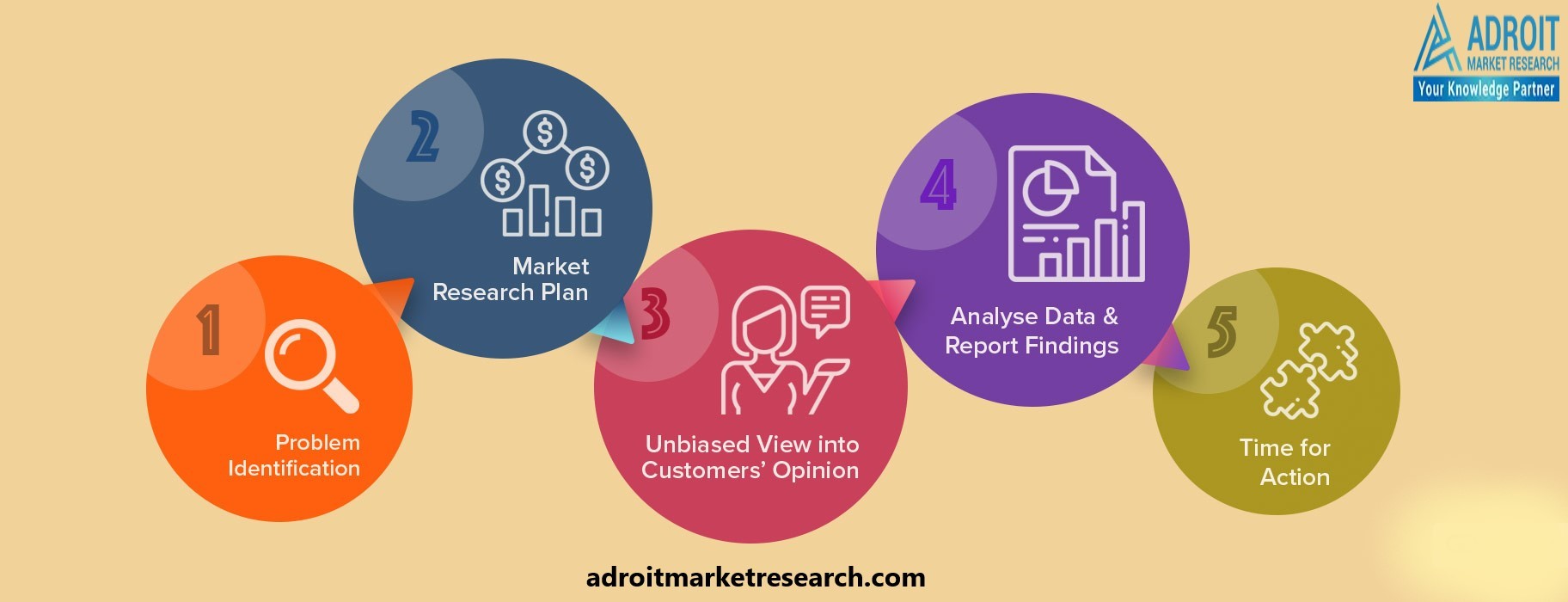
More Research Questions the “Social Media Hypothesis” of Mental Health
Source: Image by Aritha from Pixabay
As I’ve discussed previously, conventional wisdom suggests that using social media promotes poor mental health, especially in teenagers. But there is good reason to question this idea. As more high-quality research becomes available, we can see room for nuance and see that social media is not consistently detrimental to everyone’s well-being.
A critical limitation in many existing studies on this topic is that they are cross-sectional. This means all variables are assessed only once, and at the same time. This isn’t necessarily a bad thing; it just means we don’t know how behavioral changes over time might be associated with changes in emotional variables. Longitudinal research helps us to better understand how change happens by measuring these variables repeatedly over a period of months or even years.
Longitudinal research is especially valuable in this case because some young people may use social media to alleviate distress, so we might observe that increases in depression or anxiety will predict increases in social media use, rather than the reverse. On the other hand, if the social media hypothesis is correct, then as teenagers spend more and more time online, this should be followed by decreased mental health (i.e., greater anxiety/depression). But that’s not what the data reveal.
What Researchers Found
A research team in Norway recently published a study in which they tracked young people aged 10-16, and assessed them every 2 years. Each time, the researchers interviewed participants about their behaviors online (e.g., posting photos, “liking,” or commenting on others’ posts), and they conducted clinical assessments of depression and anxiety with standardized psychiatric measures. The researchers found no evidence that increased social media use was followed by elevated anxiety or depression. This means that as these teenagers used more social media, their mental health did not change. These findings directly contradict the idea that social media use leads to poor psychological well-being.
The authors are careful to note that even though social media did not make teenagers feel worse, on average, it also did not make them feel better. So, social media use may not have an overall negative or positive effect for the average teenager. This idea is consistent with what I have argued previously, which is that social media use may have differential effects depending on the user’s initial motivations. When people are motivated to use social media because they find it interesting or rewarding, then it’s likelier to make them happy, whereas when they feel compelled or obligated to use it, then it’s likelier to make them feel worse. Motivations matter more than the technology itself.
The researchers also suggest that perhaps subgroups of teenagers may experience different outcomes following social media use, such as those who are bullied or have low self-esteem. The specific content that people view on social media may also play a role. It is also true that digital technologies change rapidly and we cannot assume that all future forms of social media will operate the same way psychologically. New applications have the potential to be better or worse than what people currently use.
Time Trend Data Are Inconclusive
Those who hold with the “social media hypothesis” of mental health will often point to time trend data as evidence. They argue that because social media use has risen in teenagers over the past 15 years, and that teen depression and anxiety has also risen over the same period of time, then those two trends are likely connected.
But if that were true, we ought to be able to observe this trend happening during teenagers’ lives. The fact is, we do not observe this pattern, and these null findings should make us skeptical about such claims. When researchers track teenagers’ mental health over a span of years, there is no link between their social media use and their experiences of depression or anxiety. In the words of the authors, “the frequency with which adolescents engage in behaviors like posting, liking, and commenting on others’ posts does not influence their risk for symptoms of depression and anxiety.”
It would be great to see more mainstream media coverage of studies like this, especially considering the widespread belief that if young people are permitted to use social media, their mental health will deteriorate. Perhaps parents of teenagers can take some comfort in the fact that for the average user, there is little risk of this.





